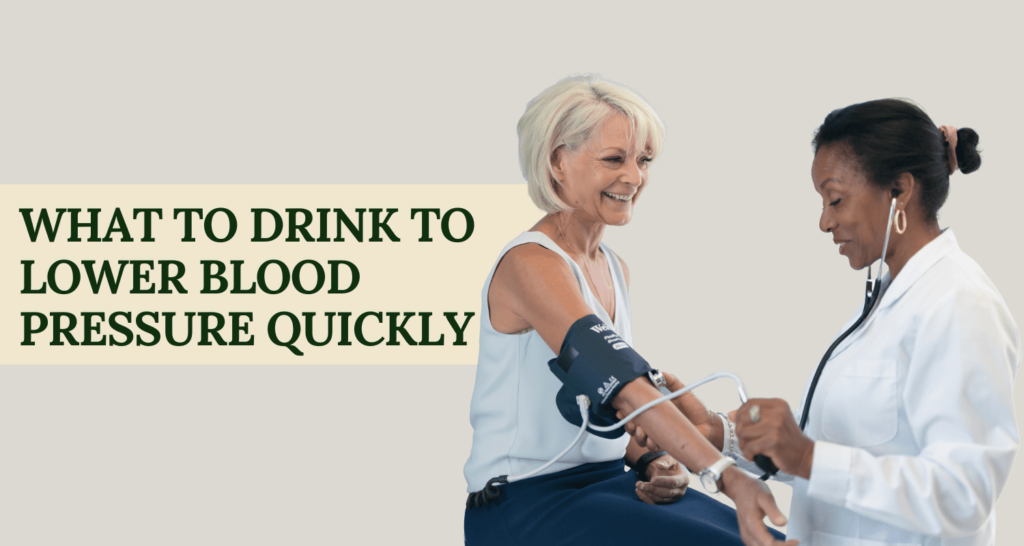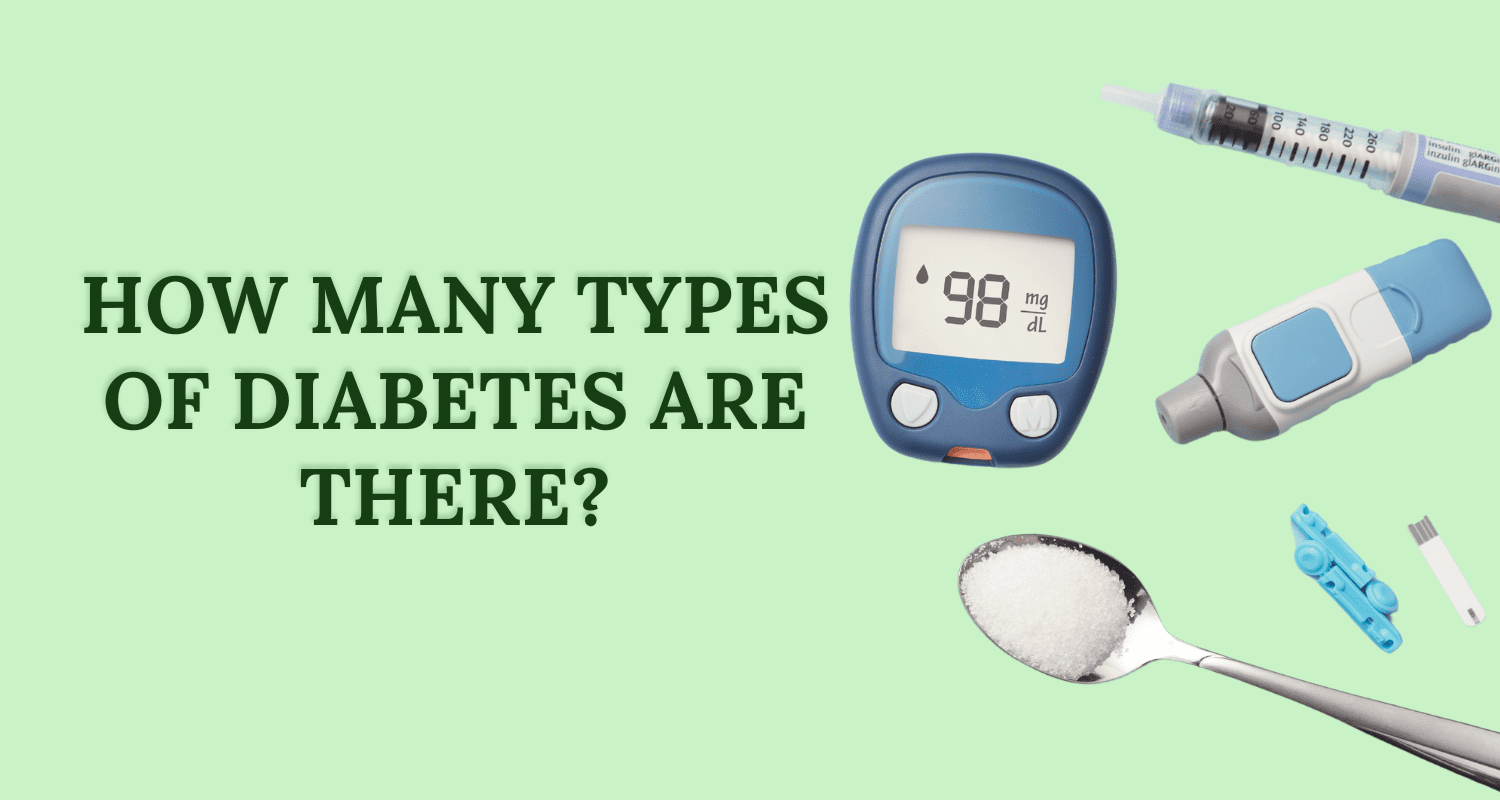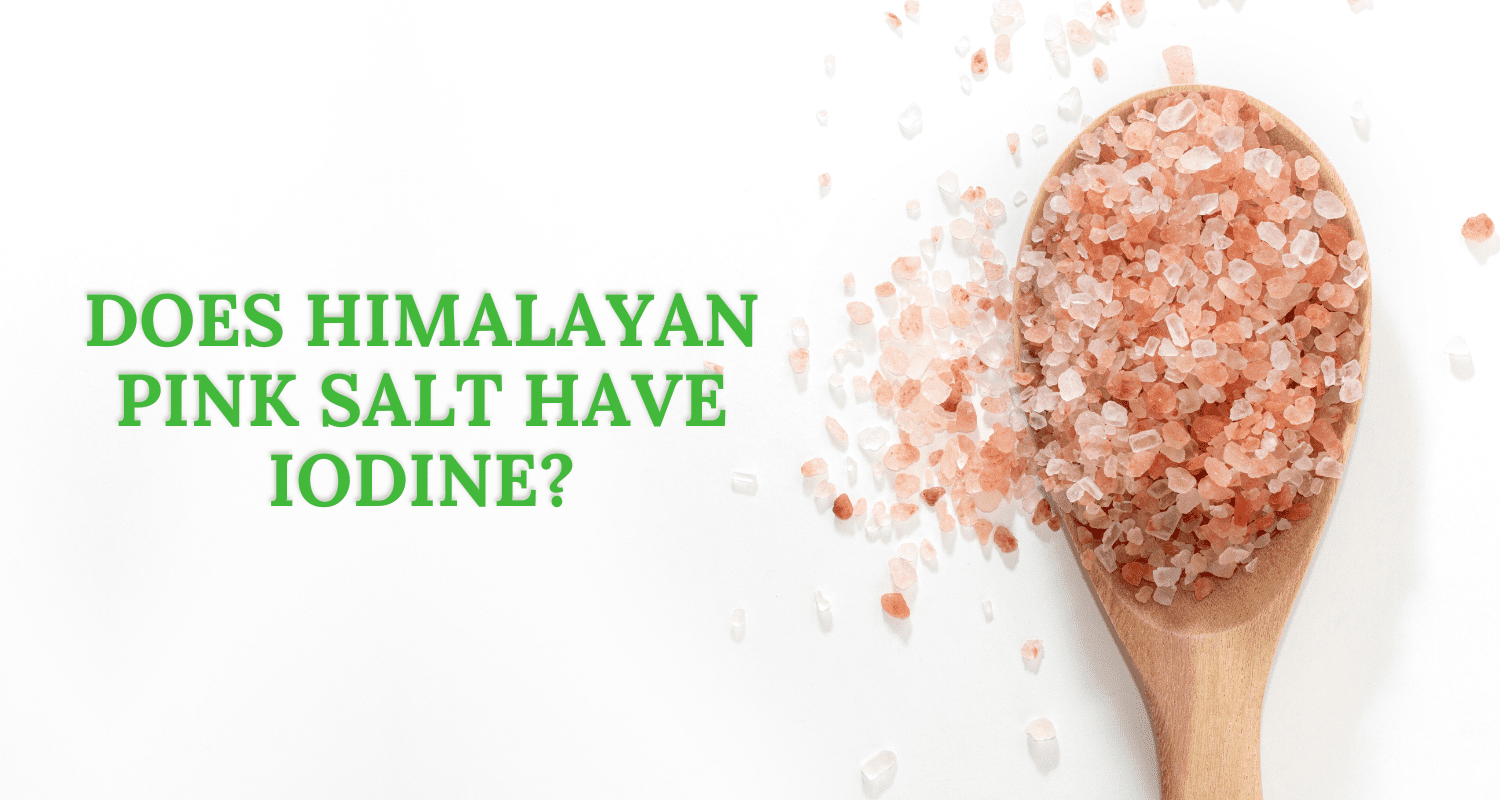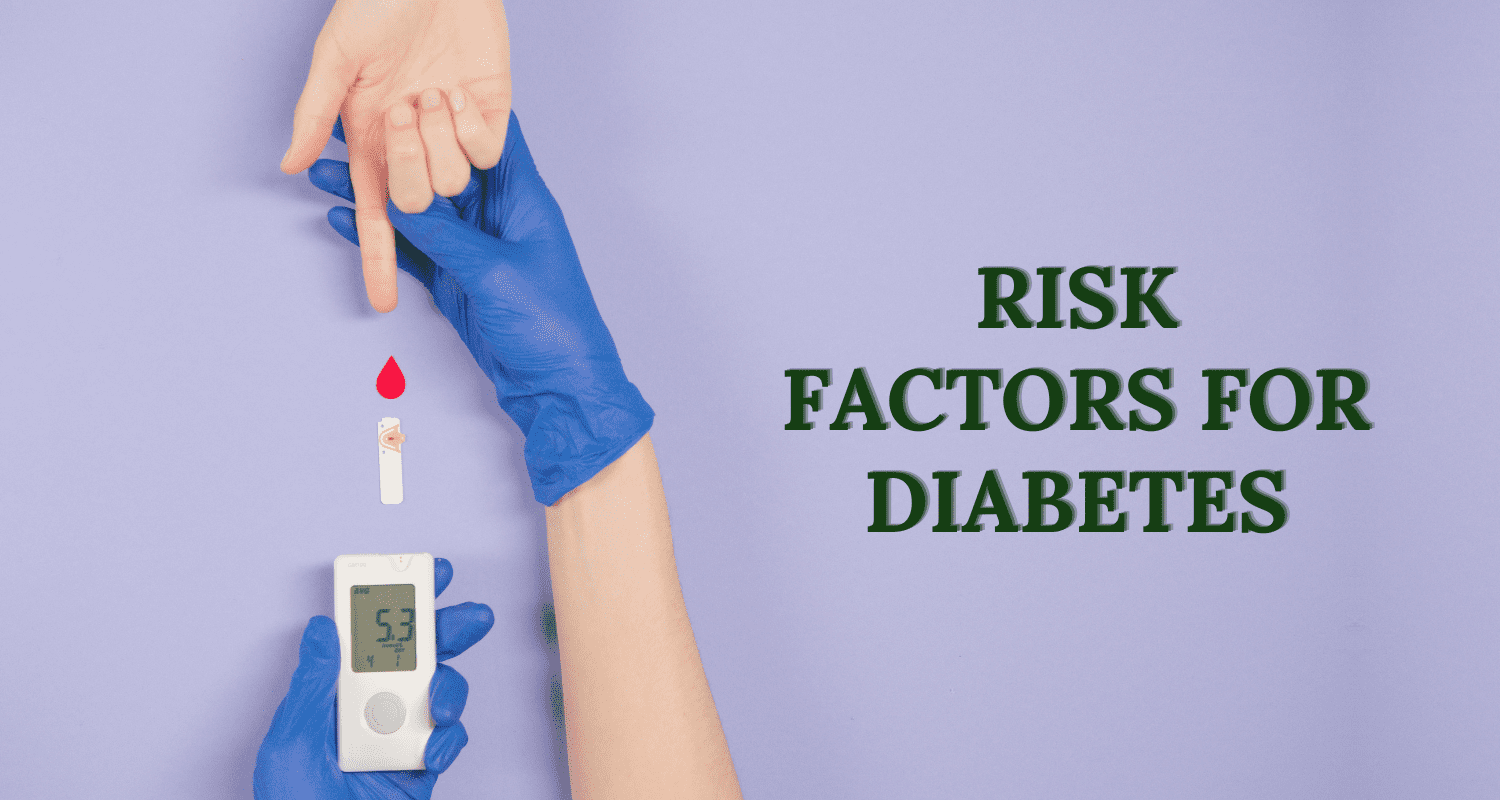Did you know that high blood pressure affects approximately 45% of adults in the United States?
It’s a startling statistic that emphasizes the pressing need for effective solutions to manage this condition. While medication and lifestyle changes play a crucial role, the beverages we consume can also have a significant impact on lowering blood pressure.
In this article, we’ll explore what to drink to lower blood pressure quickly. We’ll also explore beverages for managing hypertension.
Let’s delve into what to drink to lower blood pressure quickly.
Key Takeaways:
- High blood pressure affects 45% of adults in the United States.
- Choosing the right drinks that reduce blood pressure. These beverages can help in managing and lowering blood pressure levels.
- Natural drinks can provide quick relief and contribute to overall cardiovascular health.
- Hydration with water is essential for blood pressure management.
- What to drink to lower blood pressure quickly? Herbal teas for lowering blood pressure like Green tea, hibiscus tea, and beetroot juice have proven benefits in reducing blood pressure.
Understanding High Blood Pressure
High blood pressure, also known as hypertension, is a medical condition characterized by consistently elevated blood pressure levels.
It is a serious health concern that can lead to various complications, including heart disease, stroke, and kidney damage. Managing high blood pressure is crucial for maintaining overall health and well-being.
When it comes to managing hypertension, natural remedies can play a significant role. Beverages and herbal teas have long been used as an adjunctive approach to lower blood pressure and promote cardiovascular health. Incorporating these natural remedies into your lifestyle can be a beneficial addition to your hypertension management plan.
Herbal teas, in particular, have gained popularity for their potential to lower blood pressure. These natural concoctions are brewed from various plants and herbs and offer a range of health benefits. Drinking herbal teas regularly can help support healthy blood pressure levels and contribute to overall cardiovascular health.
The Role of Natural Remedies
- Natural remedies for high blood pressure, such as beverages and herbal teas, can help to lower blood pressure levels and reduce the risk of complications.
- These remedies work by targeting different mechanisms that contribute to high blood pressure, including improving blood vessel function, reducing inflammation, and supporting the body’s natural blood pressure regulation.
- Consuming herbal teas and other natural beverages for hypertension management can provide a gentle yet effective approach to maintaining healthy blood pressure levels.
By understanding high blood pressure and the potential of natural remedies, we can make informed choices in managing this condition.
In the following sections, we will explore specific beverages and herbal teas that have been shown to have positive effects on blood pressure levels. We’ll discuss their benefits, preparation methods, and how they can be incorporated into your daily routine for optimum results.
Hydrating with Water
When it comes to managing high blood pressure, staying hydrated is key. Water is the best fluid for hypertension and plays a crucial role in supporting overall health. Not only does water help in maintaining bodily functions, but it also contributes to regulating blood pressure levels.
Drinking an adequate amount of water throughout the day can help lower blood pressure naturally. Dehydration can lead to an increase in blood volume and a subsequent rise in blood pressure. By incorporating more water into your daily routine, you can effectively manage your blood pressure levels.
Importance of Hydration
Proper hydration is essential for maintaining optimal blood pressure levels. Drinking an adequate amount of water helps to flush out excess sodium, one of the main contributors to elevated blood pressure. When the body is well-hydrated, it can effectively regulate blood volume, promoting healthy blood pressure levels.
Additionally, staying hydrated improves blood circulation and prevents the blood from becoming thick and sticky. This reduces the strain on the heart and blood vessels, ultimately benefiting blood pressure management.
Incorporating More Water into Your Routine
There are various ways to ensure you’re getting enough water throughout the day.
Here are some tips to help you stay hydrated:
- Carry a reusable water bottle with you wherever you go, and make sure to refill it regularly.
- Set reminders on your phone or use a hydration app to track your water intake and prompt you to drink more.
- Opt for water instead of sugary beverages or other fluids that can contribute to high blood pressure.
- Drink a glass of water before each meal to not only stay hydrated but also potentially reduce your food intake.
- Add flavor to your water by infusing it with fruits, such as berries or citrus slices, for a refreshing twist.
Remember, maintaining adequate hydration is an ongoing process, so it’s important to make it a habit that is integrated into your daily routine. By prioritizing water consumption and staying properly hydrated, you can support healthy blood pressure levels and overall well-being.
Green Tea and its Benefits
Green tea is renowned for its numerous health benefits and is often recommended for its potential to lower blood pressure. This herbal tea contains specific components that contribute to its positive effects on hypertension, making it a popular choice for those seeking natural remedies.
One of the key components found in green tea is epigallocatechin gallate (EGCG), a powerful antioxidant with anti-inflammatory properties. EGCG helps relax blood vessels, which can lead to a reduction in blood pressure. Additionally, the catechins present in green tea have been shown to improve heart health and promote cardiovascular well-being.
Different Ways to Enjoy Green Tea
There are various ways to consume green tea to maximize its benefits.
Here are a few suggestions:
- Hot Green Tea: Enjoy a steaming cup of green tea in its traditional form. Steep a green tea bag or loose leaves in hot water for a few minutes, then sip and savor the soothing flavors.
- Iced Green Tea: During warmer months, cool down with a refreshing glass of iced green tea. Brew a batch of green tea, let it cool, add some ice cubes, and garnish with a slice of lemon or mint leaves.
- Matcha Green Tea: Experience the vibrant taste and added health benefits of matcha green tea. This powdered form of green tea can be whisked into hot water to create a smooth and frothy beverage.
By incorporating green tea into your daily routine, you can potentially reap the benefits of its blood pressure-lowering properties and enjoy its overall positive impact on your health.
Hibiscus Tea: A Natural Remedy for Hypertension
Hibiscus tea has long been recognized as a powerful natural remedy for hypertension. Numerous studies have investigated its blood pressure-lowering properties, and the results are promising. This herbal tea, derived from the vibrant hibiscus flower, is not only delicious but also effective in reducing blood pressure levels.
Research suggests that the phytochemicals present in hibiscus tea, such as anthocyanins and polyphenols, may help relax blood vessels, which in turn can lead to a decrease in blood pressure. Regular consumption of hibiscus tea has been shown to result in significant reductions in both systolic and diastolic blood pressure.
To prepare hibiscus tea, start by steeping dried hibiscus petals in hot water for about 5-10 minutes. You can add a sweetener of your choice, such as honey or stevia, to enhance the flavor. Once the tea is ready, pour it into a cup and enjoy it hot or over ice. It is recommended to consume 2-3 cups of hibiscus tea daily to experience its full benefits.
Benefits of Hibiscus Tea for Hypertension:
- Reduces blood pressure levels
- Helps relax blood vessels
- Promotes cardiovascular health
- Rich in antioxidants
While hibiscus tea is generally safe for consumption, it may interact with certain medications. It’s important to consult with your healthcare provider before incorporating hibiscus tea into your routine, especially if you are taking blood pressure-lowering medications.
In conclusion, what to drink to lower blood pressure quickly, hibiscus tea is a natural and refreshing beverage that can contribute to lowering blood pressure. By including it in your daily routine, along with other lifestyle modifications, you can take proactive steps towards managing hypertension effectively.
The Power of Beetroot Juice
Beetroot juice has gained significant attention for its potential cardiovascular benefits, particularly in reducing blood pressure. This vibrant red drink has been found to contain natural compounds that promote a healthy heart and aid in managing hypertension.
The Science Behind Beetroot’s Effectiveness
Beetroot juice owes its blood pressure-lowering properties to its high nitrate content. When consumed, the nitrates in beetroot juice are converted into nitric oxide, which helps relax and widen blood vessels. This dilation improves blood flow and ultimately leads to a reduction in blood pressure levels.
Several studies have explored the effects of beetroot juice on blood pressure. One study published in the American Heart Association’s journal, Hypertension, found that consuming beetroot juice significantly lowered systolic blood pressure in individuals with hypertension.
Another study demonstrated that beetroot juice supplementation led to a significant reduction in both systolic and diastolic blood pressure levels.
Incorporating Beetroot Juice into Your Daily Routine
Adding beetroot juice to your diet is relatively straightforward. You can either purchase pre-made beetroot juice from a reputable brand or make your own at home using fresh beetroots. If you choose to make your own juice, simply wash and peel the beetroots, then blend or juice them to extract the liquid.
To harness the full benefits of beetroot juice for blood pressure reduction, it is recommended to consume around 250-500 milliliters (8-16 ounces) per day.
However, it’s important to note that individual tolerance and response may vary. Consulting with your healthcare provider is advisable before making any significant changes to your diet or incorporating beetroot juice as a regular part of your routine.
Additional Tips and Considerations
- For those who find the taste of pure beetroot juice too strong, it can be mixed with other juices, such as carrot or apple juice, to create a more palatable blend.
- Beetroot juice stains easily due to its vibrant color, so be cautious while handling and consuming it.
- If you prefer a more convenient option, there are also beetroot juice powder and beetroot extract supplements available in the market.
While beetroot juice shows promising potential in lowering blood pressure, it should be noted that it is not a standalone solution. Maintaining a balanced diet, engaging in regular physical activity, and following medical advice for managing hypertension remain crucial.
Incorporating beetroot juice into a comprehensive approach to blood pressure management may provide additional support and potential benefits.
Other Natural Beverages for Blood Pressure Control
In addition to green tea, hibiscus tea, and beetroot juice, there are other natural beverages that can contribute to blood pressure control. These beverages offer a refreshing and flavorsome way to support your hypertension management plan.
Pomegranate Juice
Pomegranate juice is a delicious and nutritious option for individuals looking to lower their blood pressure. It contains a high concentration of antioxidants, including polyphenols, which have been shown to have positive effects on blood pressure levels.
Regular consumption of pomegranate juice has been found to reduce systolic blood pressure and improve overall cardiovascular health.
Cranberry Juice
Cranberry juice is not only known for its potential benefits in urinary tract health but also for its positive impact on blood pressure. It contains antioxidant compounds called flavonoids, which have been associated with reduced blood pressure levels.
Incorporating cranberry juice into your daily routine can be a delicious and refreshing way to support your blood pressure management goals.
Herbal Infusions
Herbal infusions such as chamomile, mint, and ginger tea can also play a role in blood pressure control. These soothing beverages offer a natural and caffeine-free alternative to traditional teas.
Chamomile tea, for example, has been shown to have a calming effect on the body, which may help promote relaxation and lower blood pressure. Mint and ginger teas are known for their soothing and digestive properties, which can contribute to overall wellness and blood pressure management.
By incorporating these beverages into your daily routine, you can add variety and flavor to your hypertension management plan. Remember to consult with your healthcare provider to determine the best approach for managing your specific blood pressure needs.
Conclusion
Hypertension can be caused by various factors such as lack of sleep, stress, unhealthy diet, lack of physical activity, and genetics. Healthy drinks can help in managing hypertension. Incorporating specific beverages into your diet can be an effective way to lower blood pressure quickly.
What to drink to lower blood pressure quickly, drinks such as green tea, hibiscus tea, and beetroot juice have been shown to have positive effects on hypertension. These beverages contain natural compounds that contribute to blood pressure reduction.
However, it’s important to remember that these drinks are not a substitute for a healthy lifestyle and medical guidance. While they can provide quick relief, they should be part of a comprehensive approach to managing hypertension.
Consult with your healthcare provider to determine the best approach for your specific situation. They can help you create a personalized plan that includes suitable dietary changes, exercise, and medication if necessary.
Remember, a holistic approach is key to managing blood pressure effectively and promoting overall cardiovascular health.
FAQs
What to drink to lower blood pressure quickly?
Drinking hibiscus tea or beetroot juice can help lower blood pressure quickly due to their vasodilator properties.
How can I get my blood pressure to go down right now?
Try relaxation techniques like deep breathing, meditation, or gentle exercise like walking to help lower your blood pressure immediately.
What can I drink to bring my BP down?
Consuming green tea or cranberry juice, which are rich in antioxidants, can contribute to lowering blood pressure.
Does lemon water bring your blood pressure down?
Lemon water can be part of a healthy diet, but it’s unlikely to significantly impact blood pressure levels on its own.
Can drinking more water lower blood pressure?
Staying hydrated is important for overall health, but while it can support good cardiovascular function, simply drinking water won’t drastically lower blood pressure.
Disclaimer: This content, including advice, provides generic information only. It is not a substitute for a qualified medical opinion. Always consult a specialist or your doctor for more information. Nutrition Cult does not claim responsibility for this information.




